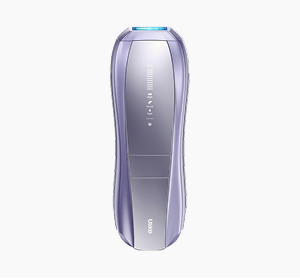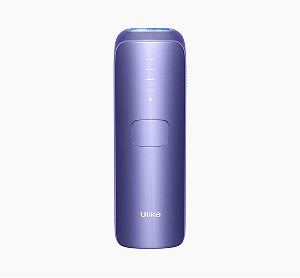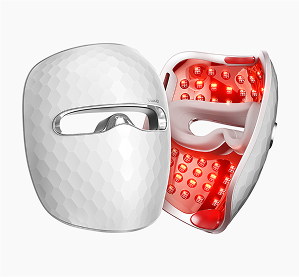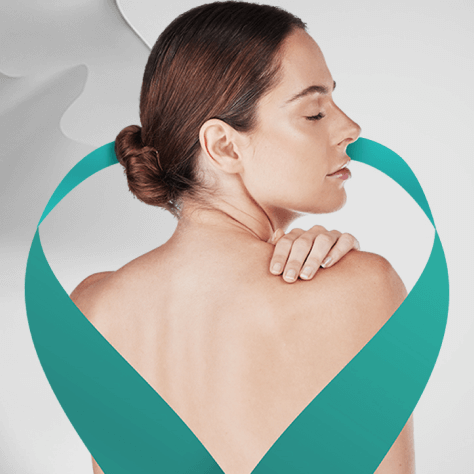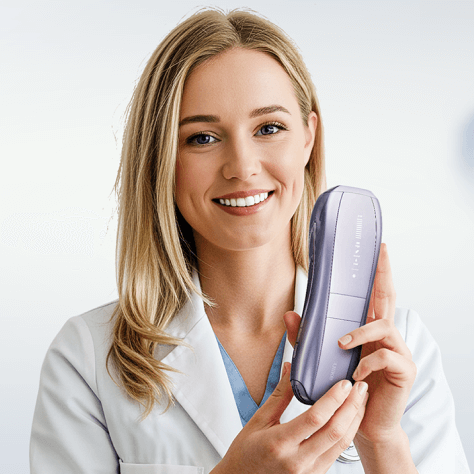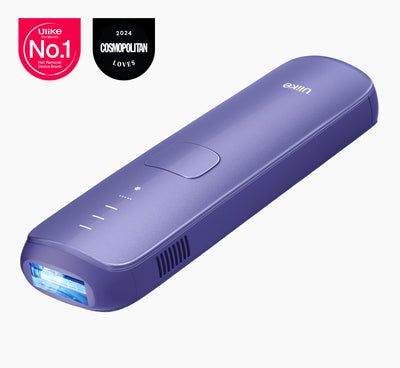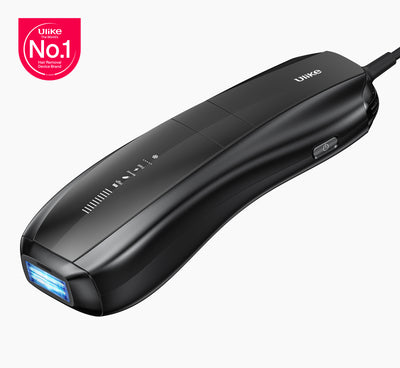
The Truth About Sun Exposure and Tanning Before & After Laser Hair Removal
Laser hair removal helps you get hairless silky smooth skin for a long. But once you have been through the treatment, you better be cautious about exposure to direct sunlight. You see, your skin gets sensitive and becomes vulnerable to damage from the sun. So if you don’t want any adverse effects, you better keep yourself from going under the sun after laser hair removal.
Following, we will explain in detail about sun exposure and tanning Before and after laser hair removal, what the sun can do to your skin, and most importantly what additional steps you can take to protect your skin. So go ahead and keep reading.
Sun Exposure Right After Getting Laser Hair Removal
After Laser Hair Removal, the skin becomes sensitive and needs healing time. Exposure to UV rays risks damaging the skin, so it’s best to avoid going under the sun for a while. Also, use sunscreen with at least SPF 30 to protect yourself against UVA and UVB rays while wearing a hat and long sleeves for a week.
What Should You Expect?

As your skin becomes sensitive following laser hair removal, exposure to UV rays at this time results in skin damage, including Hyperpigmentation, making your skin long-lastingly or semi-long-lastingly darker than the rest of your body.
Direct exposure to sunlight may also prevent your skin from healing properly, making it long-lastingly sensitive. Even worse, direct sunlight can lead to more severe skin issues, including skin cancer, so you better avoid it.
How Long to Avoid the Sun?
Protecting your skin from the sun guarantees the best results. Therefore, avoiding sun exposure for at least two weeks before and after laser hair removal is best. It’s vital because the sun makes your skin more sensitive to heat, and using a laser on such skin can cause scarring, burns, and hyper-pigmentation.
Also, it would help if you didn’t laser your body areas prone to sun exposure, including your arms, legs, fingers, and toes. It’s important because these parts don’t look tan usually, so they are regularly exposed to UVB and UVA rays. UVB rays affect the top layer of the skin, whereas UVA goes deeper and alters those layers.
A Safer Alternative
Generally, going under the sun after laser hair removal is a bad idea. But there is a slightly safer option available in the form of IPL laser technology .
You see, IPL device

So, try going to a clinic that employs IPL technology, or even better; you can do it yourself in the comfort of your home with Ulike’s range of IPL hair removal devices . These devices give you clinic-like results at home at all costs.
Yes, you can buy one of their impeccable devices at the cost of one laser session. However, Ulike’s IPL hair removal devices are designed (and certified) to last for years.
Direct Sunlight Exposure Before Vs. After

Following, we will discuss in detail what it means to get exposed to the sun right before and after your laser treatment:
Before
When you plan to get laser hair removal, you should plan your routine to limit your exposure to the sun. If you are tanned and due to treatment, look for a technician that can easily penetrate the epidermis and safely target the hair without affecting your skin’s pigment.
Follow the recommended treatment plan to get the best results, and let your technician know you have a sun tan:
-
Book a 2-weet test patch if you were exposed to the sun in the past two weeks
-
Book a test if you were exposed to the sun in the last 3-6 weeks and have a suntan. The treatment plan will be delayed for two days during such an event.
-
If you go out in summer, use a broad-spectrum sun cream with a high SPF a week before the treatment. Avoid too much sun exposure if you have a darker skin tone. This cuts off the changes of Hyperpigmentation and burning.
If you have sunburnt skin, then you better call off the treatment. Instead, let your skin heal from the sun damage. It’s essential because hair removal lasers emit powerful energy beams that travel deep within hair follicles, which might worsen your condition.
After
Your skin will be sensitive after the treatment and will need weeks to heal properly. Therefore, you better avoid exposure to sunlight at all, even including sunbathing and tanning. If you still need to go outside, use sunscreen with SPF 30 and protect yourself against UVA and UVB rays. Also, wear a wide-brimmed hat and long sleeves
if you must go out every day, and use sunscreen, especially on the areas that are constantly exposed; these areas include the face and neck. This is important because the UVA and UVB rays penetrate clouds and can adversely affect the skin.
The Remedy
Everyone’s skin will react differently to sunlight. Sun After Laser Hair Removal has adverse effects, but if you take the following precautions, you can ensure your skin heals properly and remains healthy (free of complications).
Talk to your technician about the treatment and sun exposure before undergoing the process because they will advise you on the best tips for your hair and skin.
Sunscreen

Sunscreen will keep you safe from the sun after laser hair removal. Apply sunscreen and avoid direct sunlight. The sunscreen can help you protect yourself against the sun and heal your skin from laser beams at the same time. Following, we will discuss a few more benefits of regularly using sunscreen after getting a laser hair removal:
Protects Your Skin Against Sun’s Ultraviolent Rays
Laser hair removal uses high-intensity light beams that target melanin in your hair. This way, the surrounding skin also gets affected, leaving it more vulnerable to sunburn and Hyperpigmentation. During this time, your skin may produce too much melanin to compensate for sun damage. This forms dark spots around the area, and to protect the skin from further damage, you need to use sunscreen with SPF 30 daily.
Prevents Photo-Damage and keeps Skin Irritation Away
Sunscreen makes a vital part of any skincare routine. It becomes even more critical when you have a laser hair removal procedure done. It protects your sensitive skin against UV radiation, leading to severe ailments like skin cancer, premature aging, and sunburn.
Ensure your sunscreen has a high level of SPF; apply it often, especially when going outdoors. Even if you use sunscreen, you must limit direct sunlight and wear protective clothing to keep your skin healthy and protected.
Keeps Tanning from Affecting the Result of Your Laser Hair Removal
Hair removal lasers don’t work effectively on tanned skin, as tanning or sunbathing makes it harder for the laser to reach hair follicles properly, thus hindering the results. Therefore, even with a tan before the treatment, use regular sunscreen to ensure the best results possible.
Sun After Laser Hair Removal poses the risk of health issues and hinders the result of a laser treatment session. Forget the silky smooth skin; all you will get is sunburned skin with scarring, Hyperpigmentation, rash, and irritation.
Common Questions
Following, we are going to answer some common questions about Sun exposure and Laser hair removal:
What if I have a Sun Tan Beforehand?
Inform your technician in due time; they will conduct a patch test and evaluate whether you should proceed with the procedure. If it’s unsafe, you will have to wait a few weeks.
What if you Have sunburned skin?
Going under the laser with sunburnt skin will only increase the chances of skin irritation, burns, and other complications. You better give your skin the time to heal.
What if you need to travel to somewhere with a hotter climate?
Apart from taking the obvious precautions, let your technician know beforehand; this way, they will give you the proper aftercare plan to help you avoid disruptions and preserve the result.
What else do you need to avoid after getting the laser treatment?
Your skin is susceptible to infection, so avoid activities that cause disease; this includes exercising, sauna, Jacuzzi, and swimming in the ocean or pool for at least 48 hours.
Conclusion
To sum up, you better avoid going under the sun after laser hair removal. This way, you will protect your sensitive skin and let it heal properly. Also, don’t forget to wear sunscreen and loose but protected clothing to prevent damage and ensure you get the best results possible. Last but not least, follow the guidelines given by your skin expert to maintain healthy skin.
References:
Calveo.co.uk. (n.d.). Sun Exposure & Laser Hair Removal
Mayfair-aesthetics.co.uk. (n.d.). Can I Laser Hair Removal Sun Tan?
Myethosspa.com. (n.d.). Keep Away from Sun After Laser Hair Removal

IPL Hair Removal for Weddings: A Realistic Timeline for Smooth, Photo-Ready Skin
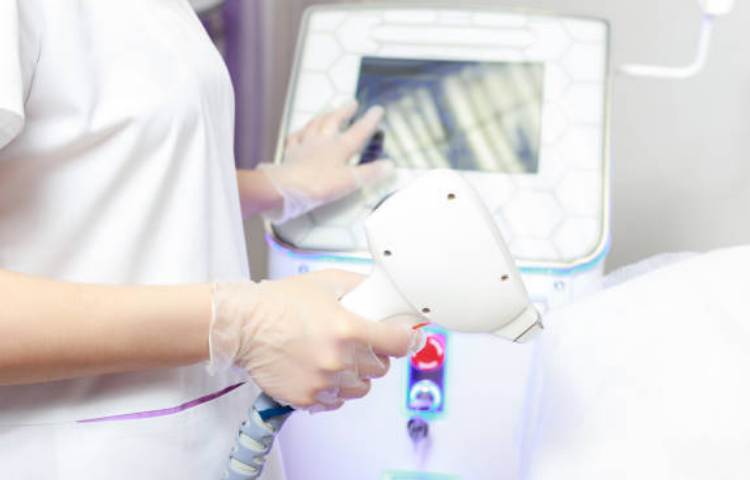
Electrolysis Hair Removal: What to Expect (Permanence, Pain, Cost)

What Is IPL Hair Removal? How It Works, Results, Safety, and Bikini Use
Need guidance?

